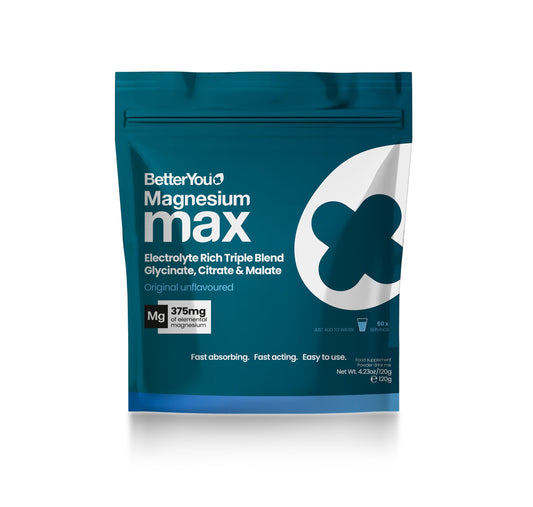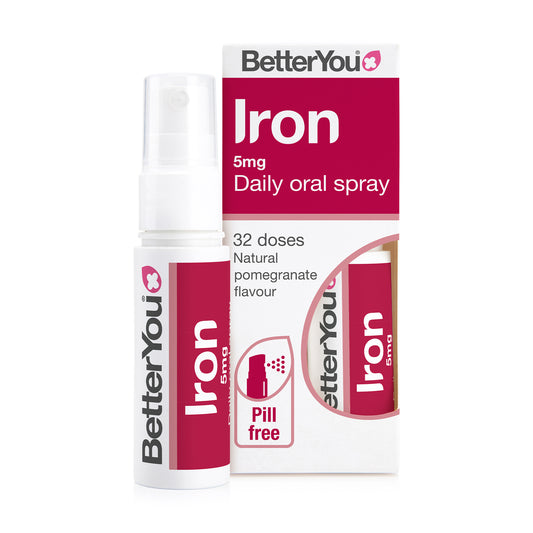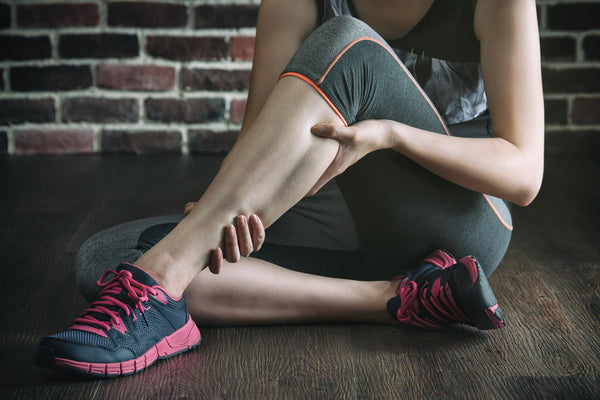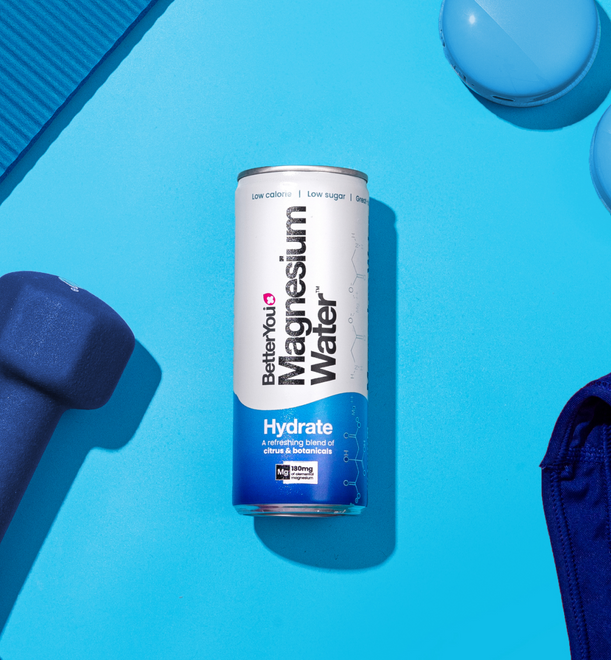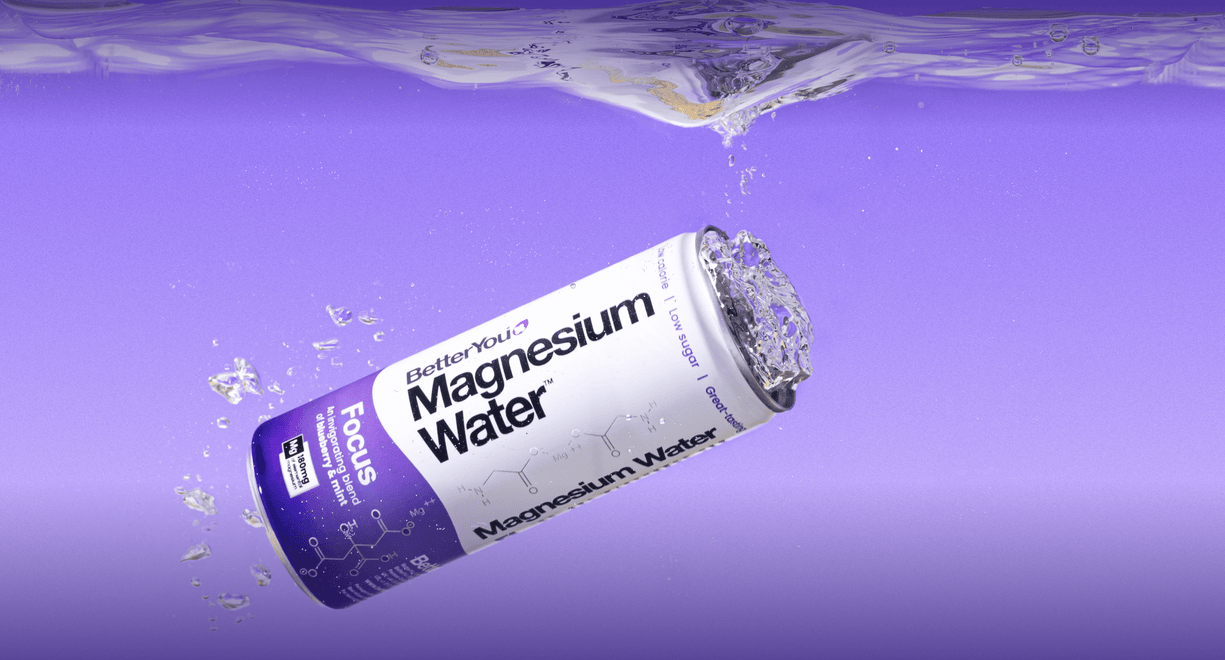Over time energy boost supplements help your workout performance so you can feel energised. How many times have you tried to workout, only to find you are just way too tired? We’ve all had those sessions where we want to do more and push ourselves further, but the energy just isn’t there and you’re left feeling dissatisfied and unmotivated.
Personal trainer and nutritional advisor, Dilan Patel explains how to boost energy to support your workout performance and leave you feeling more energised.
Identifying you need to increase your intake of energy boosting nutrients
Although many of us eat quite healthily, that still doesn’t mean everyone gets enough of what they need every day, and some nutrients are harder to incorporate into your diet (and absorb) than others. Nutrients that aid in energy are very important. If you’re always tired, you’re less likely to hit the gym, as well as may make poor food choices that perpetuate the problem.
If you sound like the above despite getting enough sleep, keep these three energy-boosting nutrients in mind. You may need to up your intake of foods that contain them, or possibly even supplement.
1. Iron
Lack of energy is the most common symptom of iron deficiency. Red blood cells require iron to transport oxygen to your body’s tissues. Without adequate levels of iron, your red blood cells cannot effectively carry oxygen to the body’s tissues, which may result in extreme fatigue.
Pregnant women and women of childbearing age are at an increased risk of deficiency. Vegetarians and vegans also may get less iron in their diets naturally.
Best food sources: Meats, fish and poultry. Whole grain enriched and fortified breads and cereals can deliver a significant amount too. Good vegetarian sources of iron include soybeans and tofu, legumes, nuts, seeds, and vegetables like dark, leafy greens.
2. Vitamin B12
Vitamin B12 is a common nutrient deficiency, and the reason it makes you tired is actually linked to iron. When the body doesn’t get enough B12, there are less red blood cells being produced. As we already discussed, red blood cells are responsible for moving iron around your body, which could lead to lack of energy.
Vegans and vegetarians who don’t eat eggs are at the highest risk for a deficiency, since it’s a hard nutrient to get from plant-based foods. As a result, some people’s energy levels may receive a boost with B12 supplements.
Best food sources: Red meat, fish, eggs, and dairy. For vegans and vegetarians, sea vegetables and nutritional yeast.
3. Magnesium
Magnesium is a mineral that plays an important role in energy production for the body. Make sure your Magnesium levels are adequate so your body can regulate the enzymes responsible for energising you!
Not getting enough can lead to fatigue, loss of appetite and nausea.
Magnesium also aids in muscle relaxation and recovery, meaning your body will ache less and recovery faster, ready for your next training session.
Best food sources: Green leafy vegetables such as spinach, legumes, nuts, seeds, and whole grains. Tap, mineral, and bottled waters also contain magnesium, but the amount varies by source and brand.
These are my top three nutrients when it comes to boosting energy levels. Make sure you are getting enough of each in your diet, and if you can’t, supplement them. Try increasing your levels and see how much better your workouts and overall lifestyle can improve!
